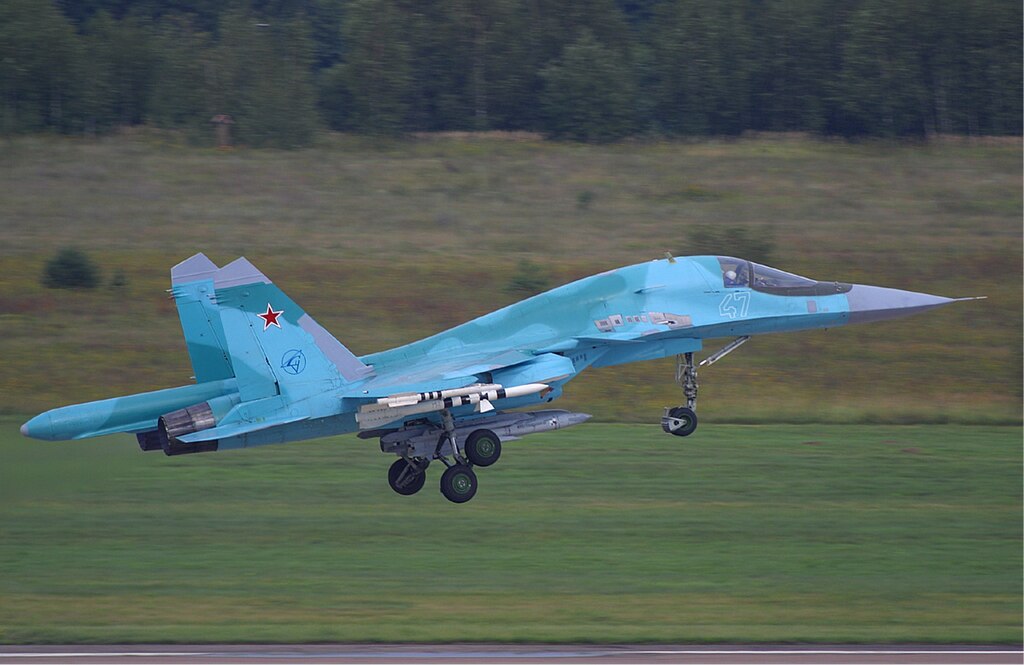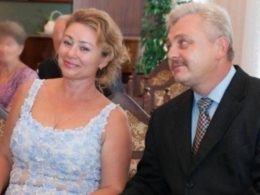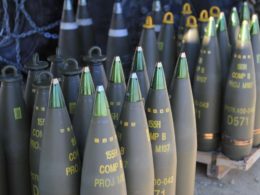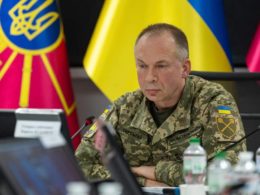A recent investigation by the international intelligence community InformNapalm has uncovered a scheme allowing Russia to maintain its Su-30SM fighter jets using French equipment, bypassing sanctions.
The Voice of America (VOA) Ukrainian Service reported on this development, which raises concerns about the effectiveness of current sanctions against Russia's military capabilities.
Since Russia's full-scale invasion of Ukraine in February 2022, Western countries have imposed extensive sanctions aimed at weakening Russia's military capabilities and its ability to wage war. These sanctions target Russia's defense industry and limit its access to advanced technologies. However, as this investigation reveals, loopholes and complex international schemes may undermine these measures' effectiveness, allowing Russia to maintain some of its advanced military equipment.
According to Anton Pavlushko, an analyst at InformNapalm, the scheme involves a Kazakh company called ARC Group acting as an intermediary between Russian defense entities and French manufacturers Thales and Safran.
"Russians have decided to gradually abandon foreign parts and replace them with their own. However, it's not that simple. Some parts still remain," Pavlushko said VOA.
The investigation reveals that discussions about this arrangement began as early as October-November 2021, months before Russia's full-scale invasion of Ukraine. Pavlushko explains, "Russians probably understood perfectly well that the war would soon begin, some more sanctions would be imposed, and it would not be easy for them to communicate with the French directly or through their own companies."
The scheme reportedly involves sending Kazakh specialists to France for training and then to Russia to perform maintenance on the Su-30SM fighters.
The Su-34 is a Russian twin-engine, twin-seat fighter-bomber aircraft developed by Sukhoi. It is designed for tactical deployment against ground and naval targets. The Su-34 entered service with the Russian Air Force in 2014 and has been used in various wars, including operations in Syria and the ongoing war in Ukraine, where Ukraine successfully targeted them.
Pavlushko said that in January, they were discussing sending specialists for training at the French Thales plant, and in February, the same specialists were going to Russia, to Irkutsk, to the plant where Su-30SMs are repaired.
According to the investigation, plans for 2022 included repairing parts worth about 1.5 million euros ($1,7 mn), with projections for 2024 reaching 6.5 million euros ($7,2 mn).
VOA reports that Russia currently has about 130 modernized Su-30SM fighters of the 4++ generation, which are being used to launch attacks on Ukrainian cities. The maintenance of these aircraft through this scheme allows Russia to keep them operational despite international sanctions.
Pavlushko suggests that while Russian technicians might be able to perform some maintenance, using certified specialists ensures that the equipment remains serviceable in the long term.
The investigation raises questions about Western companies' awareness and potential complicity in this scheme. While the French side could claim ignorance, Pavlushko argues, "Of course, from a moral point of view, this is disgusting, but people make money on it."
This report highlights the ongoing challenges in enforcing sanctions against Russia's military-industrial complex and the intricate ways these restrictions are being circumvented.
Read also:
- Three Red Cross workers dead after convoy shelled by Russians in Ukraine’s Donetsk Oblast
- IMF approves $1.1 billion tranche for Ukraine, sets conditions for reforms
- Ukraine’s defense forces destroy Russian Su-34 in Kursk Oblast





